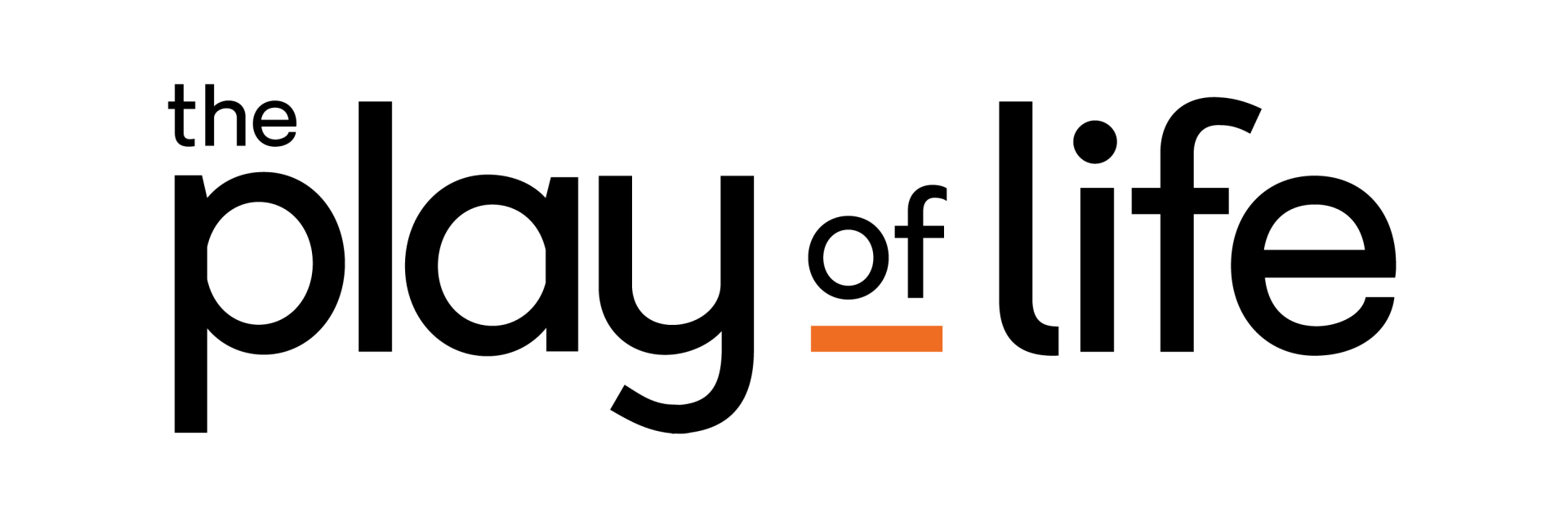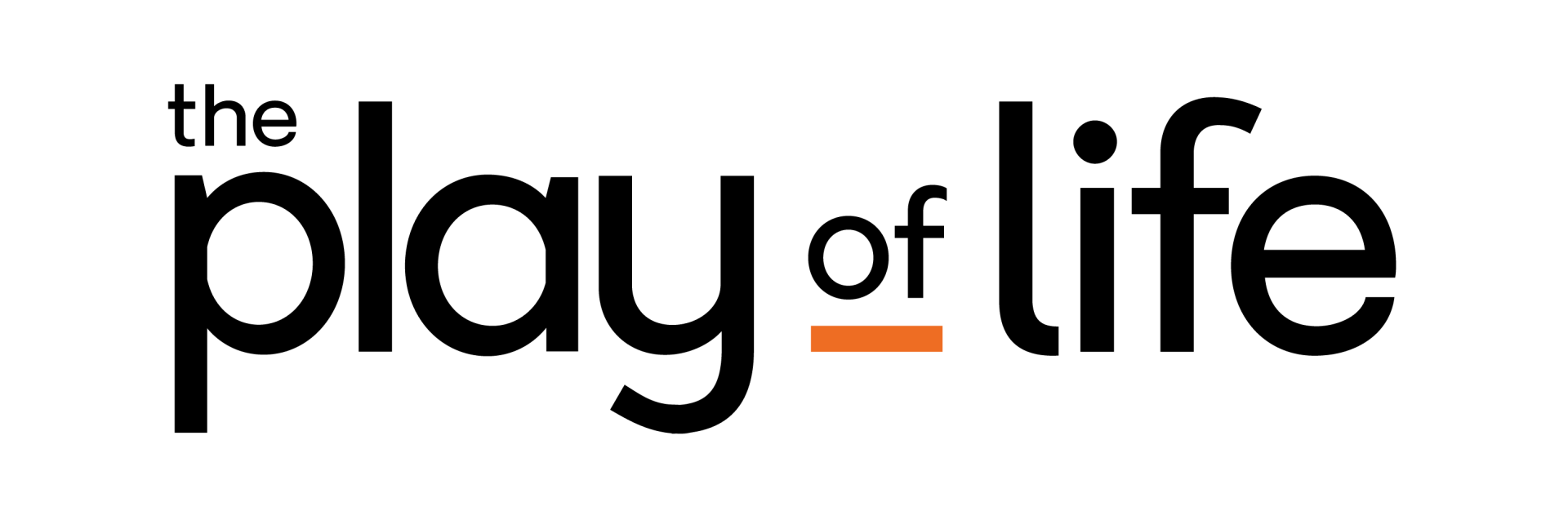The
oracle speaks again.
World War III, once a distant shadow in history books,
is now being whispered once more on the winds of war. On June 13, 2025, Israel
launched a direct strike on Iran. Missiles pierced the night sky, the world
held its breath, and ancient fears returned like old wounds reopened.
This was not an isolated attack. For decades, Israel
has faced ongoing hostility from neighbours who reject the very placement of
the State of Israel and refuse to recognise its right to exist—hostility
fuelled in part by its expansion into Palestinian territories and the
unresolved grievances surrounding displacement, occupation, and sovereignty.
This latest escalation came after years of rising
tension: Hamas’s brutal attack on Israeli civilians in October 2023, the taking
of hostages, and Israel’s devastating response in Gaza and Lebanon. Then came
Iran. The circle widened.
But this is not just about one region or one war.
It is about us. All of us.
And the deeper question: Why do we still do war?
For a brief, shining moment in recent history, it
seemed humanity might be turning a corner.
After the horrors of the two World Wars and the long
freeze of the Cold War, the late 20th and early 21st centuries ushered in a
period of relative peace. Wars between nations declined. Proxy conflicts still
flared, but the grand, bloody clashes that once defined global politics grew
rarer.
It wasn’t naïve optimism. Scholars like Steven Pinker
(The Better Angels of Our Nature, 2011) and Yuval Noah Harari (Sapiens,
2014) shared compelling evidence that violence was declining. We were,
statistically, living in the most peaceful era in recorded human history.
Harari even noted that for the first time, people were more likely to die from
overeating than from war.
But then came Russia’s invasion of Ukraine in 2022.
And the fragile illusion shattered.
Tanks rolled across European soil once again. Cities
went dark under air raid sirens. Millions were displaced. And the ghosts of
empire, ethnic nationalism, and militarism came roaring back.
Even Harari, who once dared to suggest war might
become obsolete, reminded us after Ukraine:
“Peace is
not the default.”
It never
was.
It is a fragile construct, a hard-won discipline, a
daily choice.
So why do we keep falling back into conflict?
The framework of
Spiral Dynamics (Beck & Cowan, 1996) offers insight. It maps human development in memes, value systems that shape how we think, relate, and solve problems.
When confronted with a threat, we often resort to archaic responses that remain ingrained within us.
- We retreat into Red, the impulsive, power-driven, fight-to-survive meme.
- Or we harden into Blue, where truth is absolute, ideologies are sacred, and difference is sin.
These are the minds that start wars. Or justify them.
And yet, we live in a time shaped by Orange, scientific discovery, market efficiency, innovation. We’re glimpsing Green, diversity, empathy, global justice.
But under pressure, our centre of gravity crumbles.
- We default to Red.
- We double down on Blue.
Because we’re not in Yellow yet, the meme that integrates complexity, sees systems, and understands paradox.
Yellow is flexible. Reflective.
Capable of holding multiple truths at once.
We’ve seen flickers of it, Mandela’s reconciliatory vision, post-WWII Europe, cross-cultural peacebuilding efforts.
But we don’t live there. Not yet.
What keeps us from evolving?
A lack of insight into our own behaviour.
We judge others by what they do,
and ourselves by what we meant to do.
We’re blind to how we hurt, how we exclude, how we react. We mistake our inner motives for outer innocence.
The reptilian brain, our ancient protector, acts fast, before awareness. It doesn't reason. It strikes.
Years ago, in a personal crisis, I saw myself as Moses—yearning for freedom, longing to leave captivity behind. (
Read the article here)
But in time, I saw the Pharaoh in me too.
The part that controlled, resisted change, feared uncertainty. Scream, hurt and oppress. The old story of Israel and Egypt isn’t just history; it’s an inner mirror.
In our homes. In our friendships. In our communities.
In how we speak, lead, and disagree.
I’ve belonged to psychotherapy associations for over
45 years. Our mission is healing, of minds, hearts, and relationships. Yet
within these very circles, I’ve witnessed painful infighting, verbal violence,
exclusions, and betrayals. And I must confess, I was part of it too, whether
through action or silence.
Election seasons, as in any country, especially seem
to draw out the Red and Blue within us. Ideologies harden, factions form,
and fear takes the lead. Even under the banner of wellness and care, we so
easily slip back into primal ways of relating. And the most striking part? We
rarely notice it in ourselves, only when it is done to us.
Hypocrisy
is not rare. It’s built into the ego’s defences.
We speak of world peace as though it were a summit to be reached. But peace isn’t a peak. It’s a practice. A level of consciousness. A mirror we choose to hold.
Will we reach Yellow in our lifetime?
I’m not sure.
But I believe we are on the path. Slowly. Painfully. Relentlessly.
- The world doesn’t need more ideologies.
- It needs more insight.
- More self-awareness.
- More people willing to ask:
Am
I reacting from fear or responding from empathy?
Am I building or breaking?
The oracle speaks. The war drums beat.
But within each of us is the power
to turn toward something deeper, something whole.
Peace will not fall from the sky.
It must rise from within.
In wonder and hope,
Carlos


